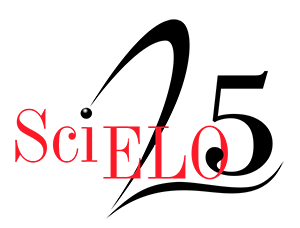
Close

Technological Innovations in Scholarly Communication


Researchers began experimenting with ChatGPT when it was released in November 2022, looking at ways how they could benefit, and how it could support writing systematic reviews, literature searches, summarizing academic articles, etc. which many publishers wanted to reject before the trend gained traction and other publishers drafting guidelines on the proper use of this technology. This webinar is aimed at discussing and gaining clarity on various issues such as editorial and publishing policies, research processes, and plagiarism.
About
Researchers began experimenting with ChatGPT since it was released in November 2022, looking at ways how they could benefit, and how it could support to write systematic reviews, literature searches, summarise academic articles etc. which many publishers wanted to reject before the trend gained traction.
Science, Elsevier and Nature were quick to react, updating their respective editorial and publishing policies, stating unconditionally that ChatGPT can’t be listed as an author on an academic paper.
There were also those publishers who addressed this ‘gray area’ differently in regard to the question of whether ChatGPT can be used for assistance in the research process through the level of detail and clarity of their policies. One notable exception is ACS, who is taking a proactive approach to defining guidelines on the proper use of AI technologies. An ACS Energy ‘Viewpoint’ piece considers the possibility that ChatGPT could implement an ‘assisted-driving approach promising to free researchers’ time from the burden of scientific writing and free up their time for other research and science activities. An editorial in ACS Nano outlines detailed best practices and policies for using AI tools.
Another issue is whether traditional plagiarism checkers have caught up to AI detection and can those tools be fooled some way or another?
This webinar is aimed at discussing and gaining clarity on these various issues.
Agenda
09:30 – 09:35 Welcome and introductions [VIDEO]
Mrs Susan Veldsman (Director: Scholarly Publishing, Academy of Science of South Africa, ASSAf)
09:35 – 09:50 AI in publishing: Challenges and Opportunities [VIDEO] [DOWNLOAD]
Dr Valda Vinson (AAAS, Executive Editor, Science Journals)
09:50 – 10:05 The ethical use of AI tools in publishing [VIDEO] [DOWNLOAD]
Dr Daniel Kulp (Committee on Publication Ethics: COPE)
15:05 – 15:20 Can I use ChatGPT to generate a fully AI-authored thesis? Reflecting on prompting strategies and useful detection tools [VIDEO] [DOWNLOAD]
Kirstin Krauss (Worldwide Information Services)
10:20 – 10:35 Panel Discussion [VIDEO]
Using Yesterday & Today to educate a professional community at large about AI, Prof Johan Wasserman (Yesterday and Today) [VIDEO]
Using AI in editorial decision-making, some legal reflections, Prof Wian Erlank (Potchefstroom Electronic Law Journal) [VIDEO]
10:35 – 11:25 Discussions [VIDEO]
11:25 – 11:30 Closing remarks and closure [VIDEO]
Susan Veldsman (ASSAf)
Chair
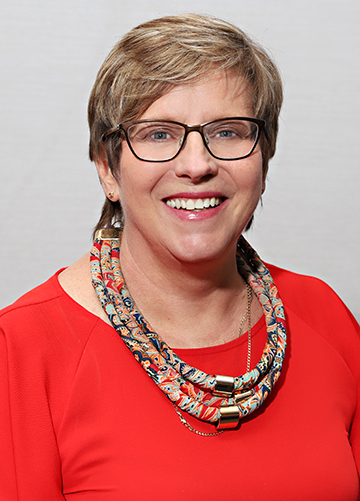
ORCID: 0000-0002-7557-0898
Susan Veldsman is the Director of the Scholarly Publication Unit at the Academy of Science of South Africa, where she is, among other things, responsible for driving the Open Science agenda, to raise the visibility, discoverability, and accessibility of South African scholarly journals, improve the quality of SA research output, and support the development of policy frameworks in order to facilitate optimal use and access to publicly funded research. In 2013, she received the Electronic Publishing Trust (EPT) award for her outstanding contribution to the promotion of Open Access in Developing countries. Recently, she was the Co-chair of the IAP Report on Combating Predatory Journals and Conferences, which was launched on 16 March 2022.
Speakers
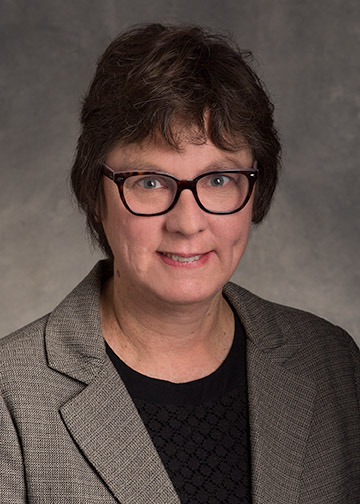
ORCID: 0000-0001-7634-473X
Valda Vinson is the Executive Editor for the Science journals. In this role she oversees research content strategy and editorial policy, at Science, Science Signaling, Science Translational Medicine, Science Immunology and Science Robotics. She started her career in publishing when she joined the Science staff in 1999 as an Associate Editor handling research papers in the areas of structural biology, biochemistry, and biophysics. In 2013 she became Deputy Editor, overseeing research content in the areas of cellular and molecular biology and biomedicine, and in 2018 was appointed Editor, overseeing research content in the life sciences and social sciences at Science. She earned an M.Sc. in Chemistry from the University of Natal, South Africa, in 1987 and a Ph.D. from Johns Hopkins University in 1992. Her postdoctoral studies were also undertaken at Johns Hopkins University, where she focused on structural and biochemical studies of cytoskeletal proteins. Before joining Science, she spent two years as a Senior Lecturer at the University of the Western Cape, South Africa.
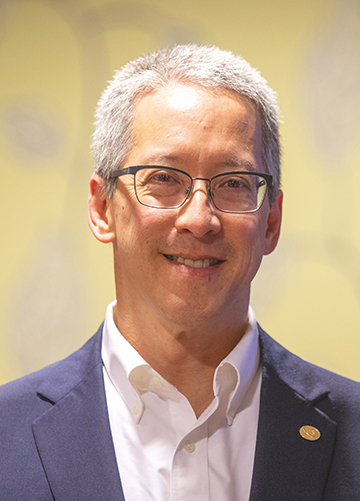
ORCID: 0000-0003-1147-2196
Dan is the current Chair of COPE (Committee on Publication Ethics) and has been in publishing for over 27 years. He started in 1996 as a professional full-time editor for Physical Review B, published by the American Physical Society, and eventually advanced to the position of Editorial Director for the entire Physical Review portfolio. In 2020, he joined the Publications Division of the American Chemical Society as Editorial Director and this past Fall he changed roles to become Senior Director, Research Integrity & Global Developments. Dan has been involved in all aspects of publishing including peer review, publication ethics, production, distribution, and personnel and financial management of journals.
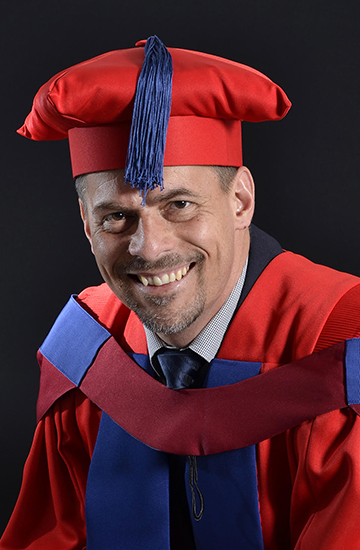
ORCID: 0000-0002-1328-7683
Kirstin Krauss is Research Advisor for Worldwide Information Services (WWIS), where he plays a leading role in developing research capacity services for the WWIS Academy. He is also a Visiting Researcher for STADIO Higher Education, in support of their Masters and Doctoral programmes. He is employed full-time as Business Development Manager for Iontaofa Intelligence Ltd. (Ireland), where he leads and oversees client engagement and the development of services for the knowledge and information provisioning sector. In prior roles, Kirstin served as academic and Professor at a number of universities in South Africa. His research focuses on ICT for Development, Critical Ethnography, postgraduate student development, and mitigating questionable scholarly practices. He has been invited by several associations and universities to deliver guest lectures and postgraduate research workshops. He has done editorial work for a number of journals and conferences.
Commenters
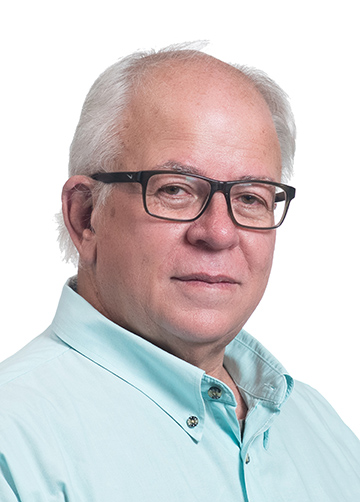
ORCID: 0000-0001-9173-0372
Johan Wassermann is a professor in History Education and Head of the Department of Humanities Education at the University of Pretoria, South Africa. His current research interests include youth and History, teaching issues of controversy in an African context, identity politics, and School History. He is editor-in-chief of Yesterday & Today, an accredited South African History Education journal and co-founder of the NPO, AHE-Afrika. He is a NRF C1 rated researcher.
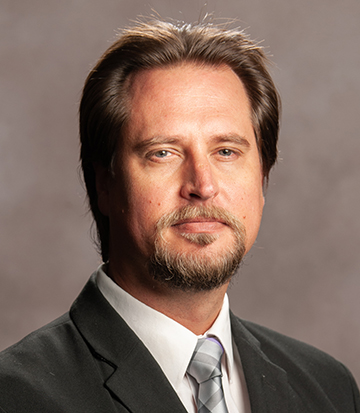
ORCID: 0000-0001-7796-1254
Code of Conduct
It is expected that all participants in events promoted by SciELO follow our Code of Conduct.